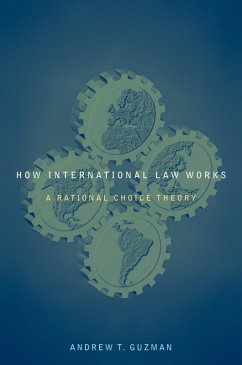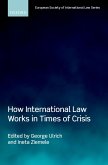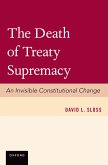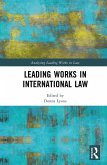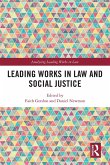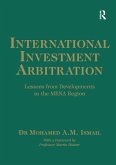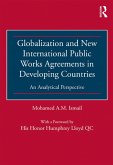How International Law Works presents a theory of international law, how it operates, and why it works. Though appeals to international law have grown ever more central to international disputes and international relations, there is no well-developed, comprehensive theory of how international law shapes policy outcomes. Filling a conspicuous gap in the literature on international law, Andrew T. Guzman builds a coherent theory from the ground up and applies it to the foundations of the international legal system. Using tools from across the social sciences Guzman deploys a rational choice methodology to explain how a legal system can succeed in the absence of coercive enforcement. He demonstrates how even rational and selfish states are motivated by concerns about reciprocal non-compliance, retaliation, and reputation to comply with their international legal commitments. Contradicting the conventional view of the subject among international legal scholars, Guzman argues that the primary sources of international commitment--formal treaties, customary international law, soft law, and even international norms--must be understood as various points on a spectrum of commitment rather than wholly distinct legal structures. Taking a rigorous and theoretically sound look at international law, How International Law Works provides an in-depth, thoroughgoing guide to the complexities of international law, offers guidance to those managing relations among nations, and helps us to understand when we can look to international law to resolve problems, and when we must accept that we live in an anarchic world in which some issues can be resolved only through politics.
Dieser Download kann aus rechtlichen Gründen nur mit Rechnungsadresse in A, B, BG, CY, CZ, D, DK, EW, E, FIN, F, GR, HR, H, IRL, I, LT, L, LR, M, NL, PL, P, R, S, SLO, SK ausgeliefert werden.

